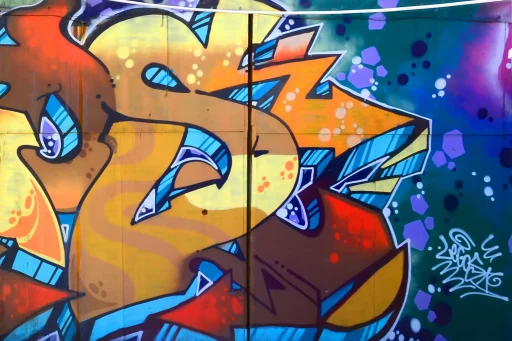Introduction to Trap
In recent years, the term 'trap' has evolved beyond its original context, permeating various aspects of popular culture, especially in music and social media. While the word has roots in hip-hop culture—specifically in reference to a type of drug-dealing location—it has since garnered diverse meanings among different groups. This article explores the various interpretations of 'trap' in slang, along with its origins, cultural significance, and examples of usage.
Origins of the Term Trap
The term 'trap' originates from the Southern hip-hop scene, particularly in Atlanta, Georgia, in the late 1990s. It refers to a place where drugs are sold and consumed. Artists like T.I., Gucci Mane, and Young Jeezy popularized the term in their music, which often reflected the struggles and realities of life in these areas.
Trap in Hip-Hop Culture
Trap music is a subgenre of hip-hop that’s known for its gritty lyrics and heavy use of synthesizers and beats that create an energetic atmosphere. The genre often addresses themes related to life in the trap, including poverty, violence, and survival. Here are key aspects of trap music:
- Artists: Major trap artists include Migos, Future, and 21 Savage.
- Popularity: Trap music has seen a dramatic rise in popularity, with it now dominating mainstream music charts.
- Influence: Trap music has influenced various other genres, including pop and dance music.
Trap in General Slang
Beyond the initial meaning in hip-hop, 'trap' has made its way into general slang, often carrying implications related to being stuck or caught in a situation that is difficult to escape. Here are some variations of this usage:
- Social Media: In social media contexts, 'trap' can refer to an unescapable trend or situation.
- Relationships: Often used to describe being in a toxic or unhealthy relationship.
- Video Gaming: In gaming, a trap might refer to being caught in a difficult in-game situation.
Trap as a Cultural Phenomenon
Trap has transcended its original context to become a cultural phenomenon. Various brands and art forms incorporate the aesthetics and language of trap culture. For instance, urban fashion brands have capitalized on the imagery associated with trap music and drug culture, while film and television have also started embracing these themes in their storylines.
For example, shows like Atlanta created by Donald Glover (Childish Gambino) explore themes of life in the trap, mixing humor and poignant social commentary.
Statistics and Analytics
According to a report by the Recording Industry Association of America (RIAA), trap music has surpassed other genres in streaming counts. Here are some statistics:
- As of 2021, trap music accounted for 25% of all hip-hop music streams.
- The genre’s main artists receive billions of streams annually on platforms like Spotify and Apple Music.
- Trap beats are increasingly used in global pop hits, demonstrating the genre’s influence.
Conclusion
The term 'trap' has undergone significant transformation since its inception in the hip-hop culture. From referring to a physical location associated with drug dealing to embodying the struggles of many in society, it serves as a reflection of cultural evolution. As the lines blur between art and life, the term 'trap' continues to resonate, posing as a complex symbol of entrapment and resistance.
Final Thoughts
Understanding the term 'trap' offers valuable insights into contemporary slang and popular culture. Whether you encounter it in music, social media, or everyday conversation, this slang term remains a powerful representation of modern life and its complexities.




